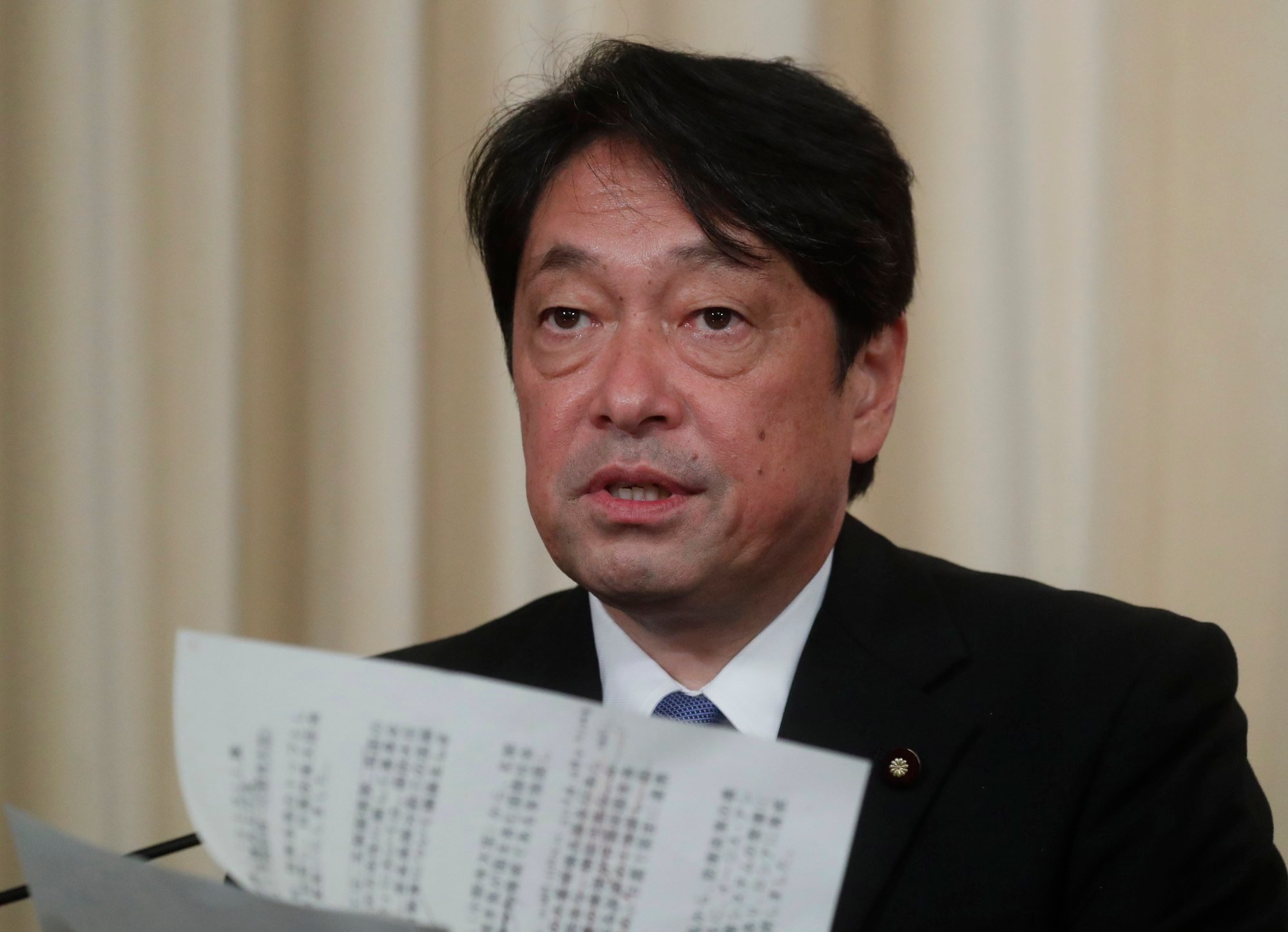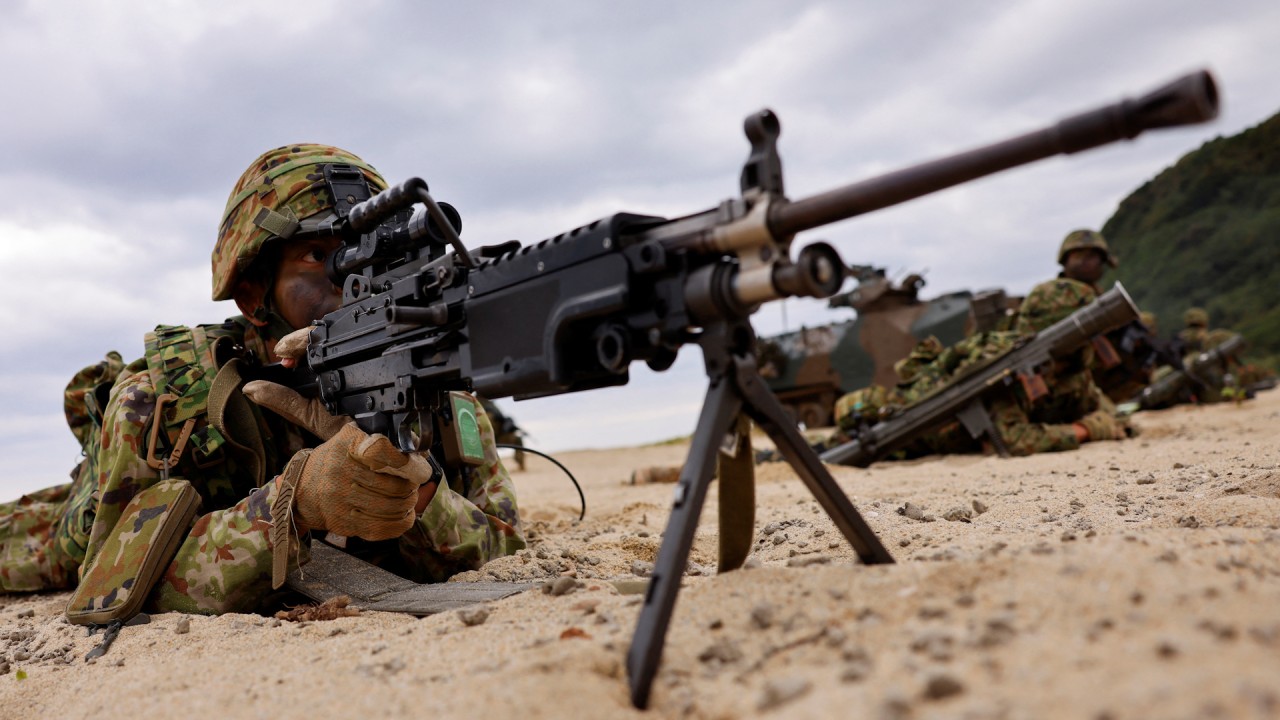Itsunori Onodera, who is spearheading the move to enable defence exports from the long-pacifist country, said he would press ahead with ruling coalition discussions on broadening the scope of allowable exports.
“It would be best for us to develop technology and have it used widely around the world, rather than just taking on the manufacturing,” Onodera said in an interview on Friday.
The Japanese government announced the same day it would allow sales of weapons produced under licence back to the country of origin, and would export Patriot missiles to its ally. The move could widen the pool of missile interceptors available to the US, giving it more flexibility on how it supports Ukraine’s air defences.
Under the new rules allowing exports back to the countries that own the licences, Japan could also sell 155mm artillery shells to the UK, if requested to do so, Onodera added.
Japan top general warns with ‘jarring bluntness’ country’s security is at stake
Japan top general warns with ‘jarring bluntness’ country’s security is at stake
Ukraine has been burning through munitions in its fight against invading Russian forces. The 155mm artillery shell is the standard used by Nato members, who have been sending howitzers and ammunition to Ukraine.
While the loosening of the restrictions in the short term could help the US and European nations in providing arms to Ukraine, in the long term it could widen the opportunities for Japan to sell arms overseas.
Last week’s unprecedented missile deal marks a sea change for Japan as it undertakes its biggest military build-up since World War II, amid growing threats from its nuclear-armed neighbours China, North Korea and Russia.
Part of the plan is to shore up the country’s fragmented defence industry. With defence-related exports virtually forbidden since the 1960s, contractors have been unable to benefit from the advantages of scale.
Japan is set to export some of its existing stocks of PAC-2 and PAC-3 interceptors to the US. While the number of missiles and their price tag has yet to be decided, Onodera said Japan should move quickly to build more missiles to replenish its own stocks.
“Even if we don’t need them now, we will need them at some point, so Japan needs to accelerate production,” he said.
German Defence Minister Boris Pistorius said last month that the EU goal of providing Ukraine with a million rounds by March wasn’t realistic. The US is also facing budget constraints on military aid for Ukraine.

Negotiations with the ruling Liberal Democratic Party’s junior coalition partner, the Buddhist-backed Komeito, have been long and difficult, according to Onodera.
If no decision is reached before then, Japan’s position in those negotiations could be affected, he said.
“The prime minister has asked us to reach a conclusion by the end of February,” he said, with discussions set to resume in January. “They are part of the ruling coalition, so I believe Komeito will take the premier’s appeal seriously.”


